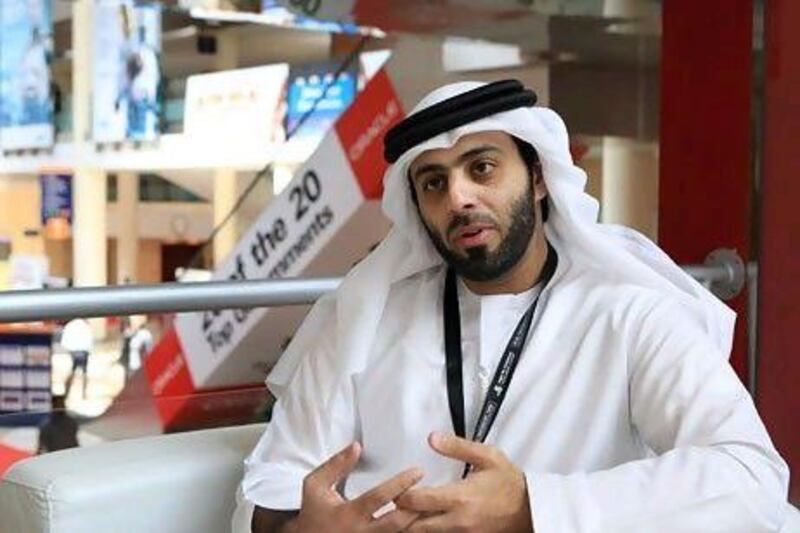Tecom Investments manages numerous free zones in Dubai, including some that specialise in the media, education and technology industries.
Video:Free zones in the UAE entice business owners
Neil Parmar looks discusses The National's exclusive series on the growth of free zones in the UAE
[ Watch video in full screen here ]
Read all of our Free Zones series Learn more
Two of its entities - Dubai Internet City and Dubai Outsource Zone - are overseen by Malek Sultan Al Malek, the managing director. He discusses what business owners may want to know before setting up in free zones.
q&a
q There are more than 1,400 companies in your free zones that focus on the information, communication and technology sector. Are you now targeting more small and medium-sized players, or big multinationals?
a Normally the small and innovative start-ups come later, when you create industries. In any ecosystem, you have to bring the multinationals [for] their know-how. You have to have the Government's support, and the infrastructure. The key objective is to create a local industry - entrepreneurs, who can come up with their own technology or a new media technology that they can sustain. I think we are in that phase. Small and medium [enterprises] now need attention.
q What are the main advantages of launching in a free zone?
a Let's say someone has a smart idea about application development for a BlackBerry or iPhone. There is no point sitting in Dubai while [the makers of these devices] can be next door in the [free-zone] community. Being among the community gives him a lot of advantages in knowledge transfer. The products and services we extend and the infrastructure we deploy are all catered to that specific company.
q There are different regulations for businesses that are located within a free zone and want to provide products versus services. What are the rules if I want to sell products?
a For products, we follow the federal regulation, where the product is subject to customs and [sold through] authorised resellers and distribution channels within the country.
q Experts say consultancies in a free zone can provide services as long as they do not have an employee stationed onshore in Dubai working full-time inside the client's office. How do you ensure they follow the rules?
a [We] have already a process with our partners, [who] report their staff location and also their contracts where they have to fulfil certain service requirements. Our partners who work in the free zone actually declare their contracts with different parties, sometimes even the Government. Normally we know their resource, where they are located.
q Do you think there will be a push to allow more of these services to be conducted outside of free zones, or should they be kept mostly within a free zone?
a I think it's too difficult to put it this way [and keep services contained], because the segments we have are too different. You have soft services, skill services, you have products. For us, we want the knowledge to be transferred, so we normally design the regulation on the basis that the benefit will come to the country … Sometimes you have [an] office, where half of the contract is fulfilled by staff inside the office. Sometimes [it's] outside the office for certain documentation. So you can't have a regulation that will cover the whole bit. But we take it project by project, and based on partner feedback.





